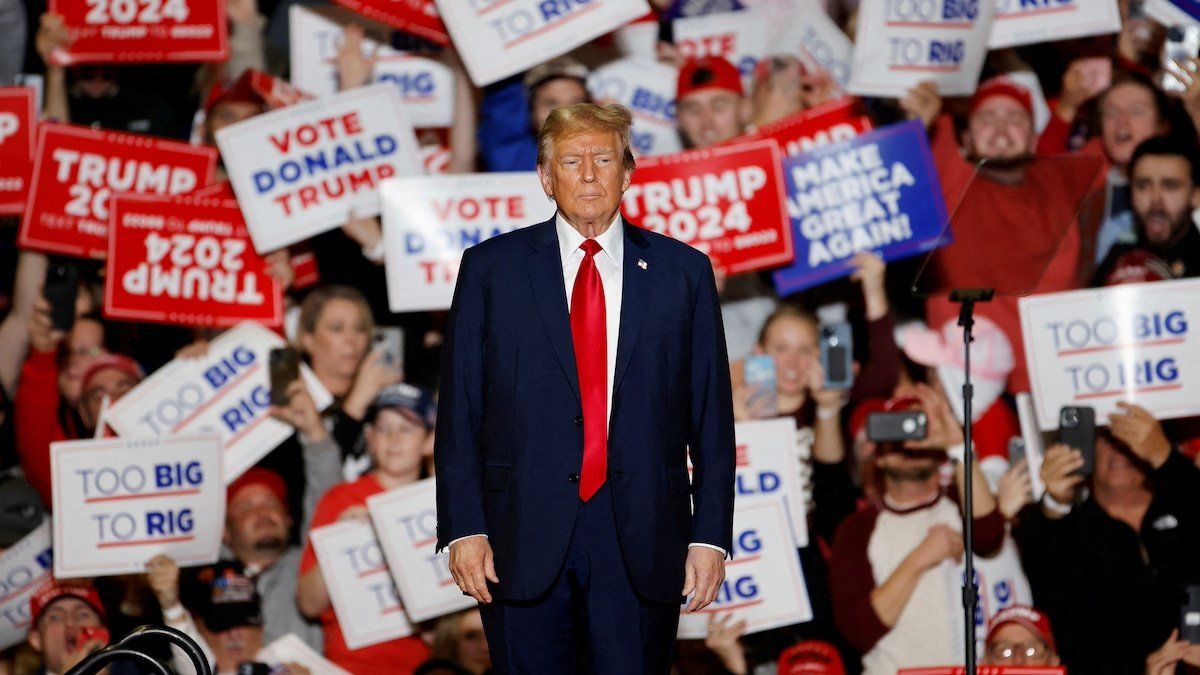Donald Trump’s half-billion dollar bond in his New York fraud case is due Monday and his lawyers say he doesn’t have it.
New York Attorney General Letitia James has already positioned herself to seize Trump’s properties in Westchester County and could potentially target his bank accounts. She’s likely to wait a few days, however, pending the ruling of Trump’s appeal.
The former president’s legal team is arguing that he should be allowed to post a smaller bond because raising such a large sum is impossible. However, Trump on Friday undercut their messaging on social media by claiming he does have $500 million in cash on hand, which may make it seem to the court that he’s simply trying to get out of paying. His net looks like it could get a nice boost now that the social network Trump owns, Truth Social, has approval to go public through a merger with a special purpose acquisition company, but it might be six months before he can cash out.
So will there be a fire sale? It may be easier for James to go after bank accounts first, because seizing and auctioning off real estate is irreversible should the appeals court offer Trump some relief. Should the courts stick with the status quo, however, James could start auctioning off Trump’s buildings about two months after she seizes them.